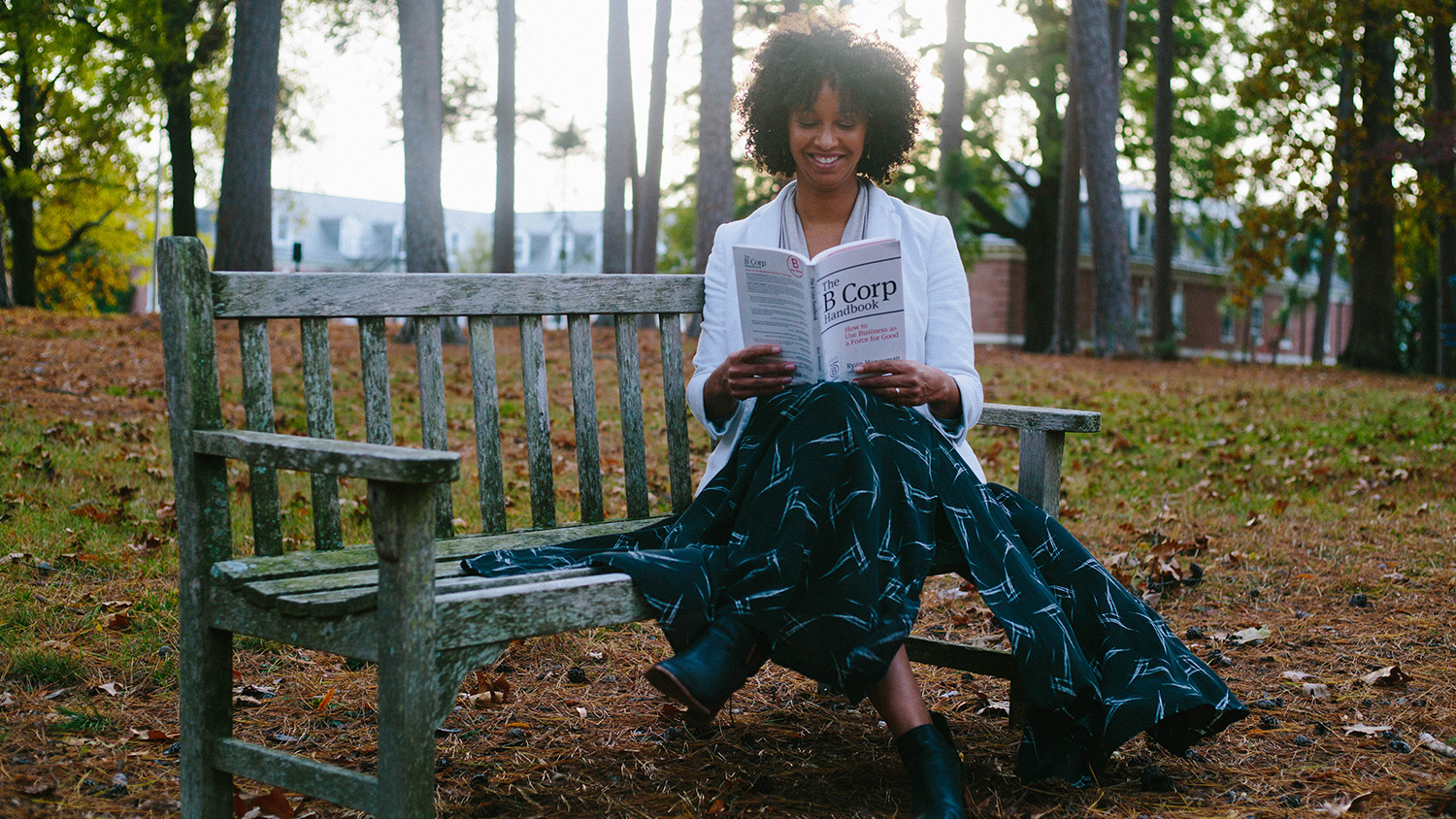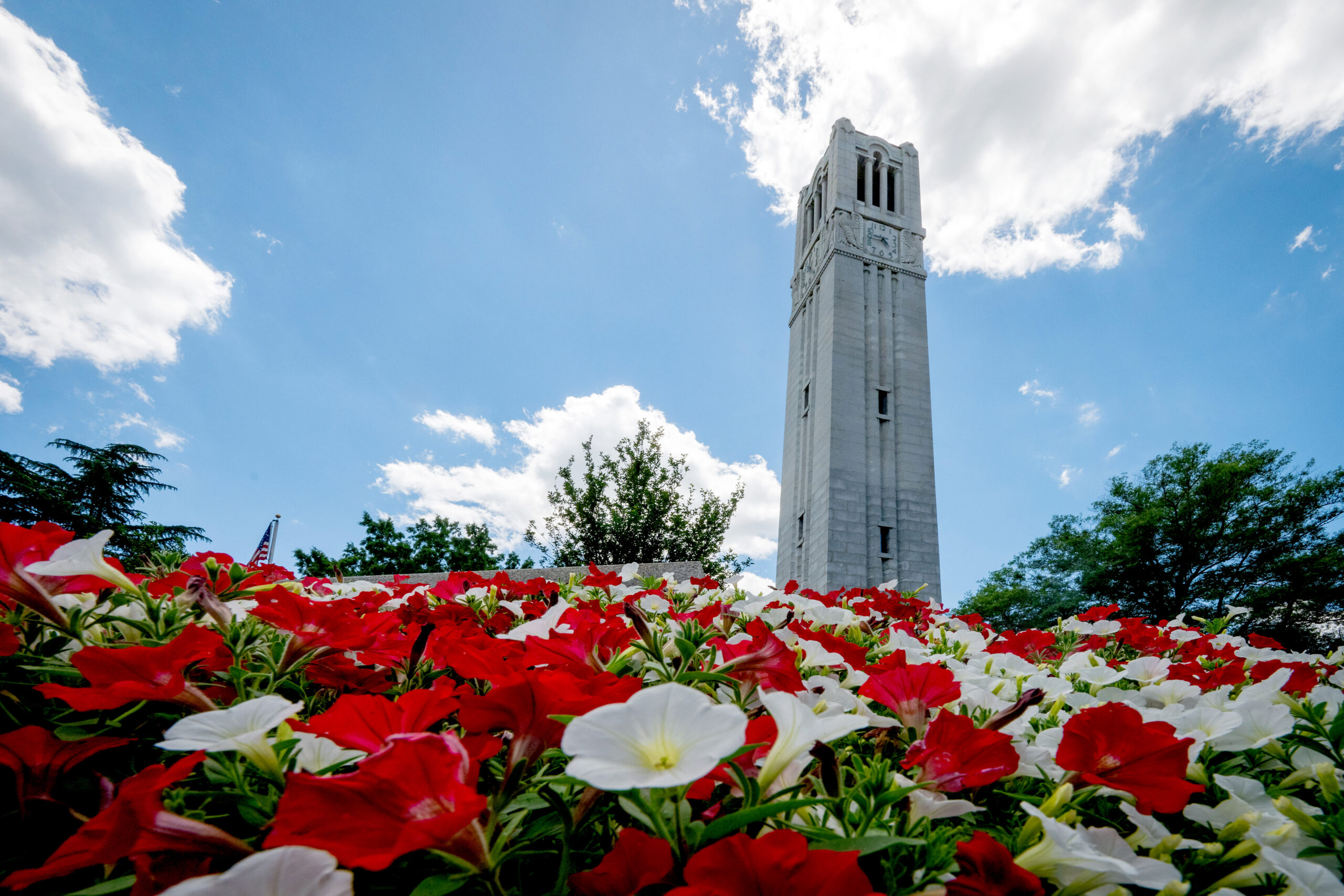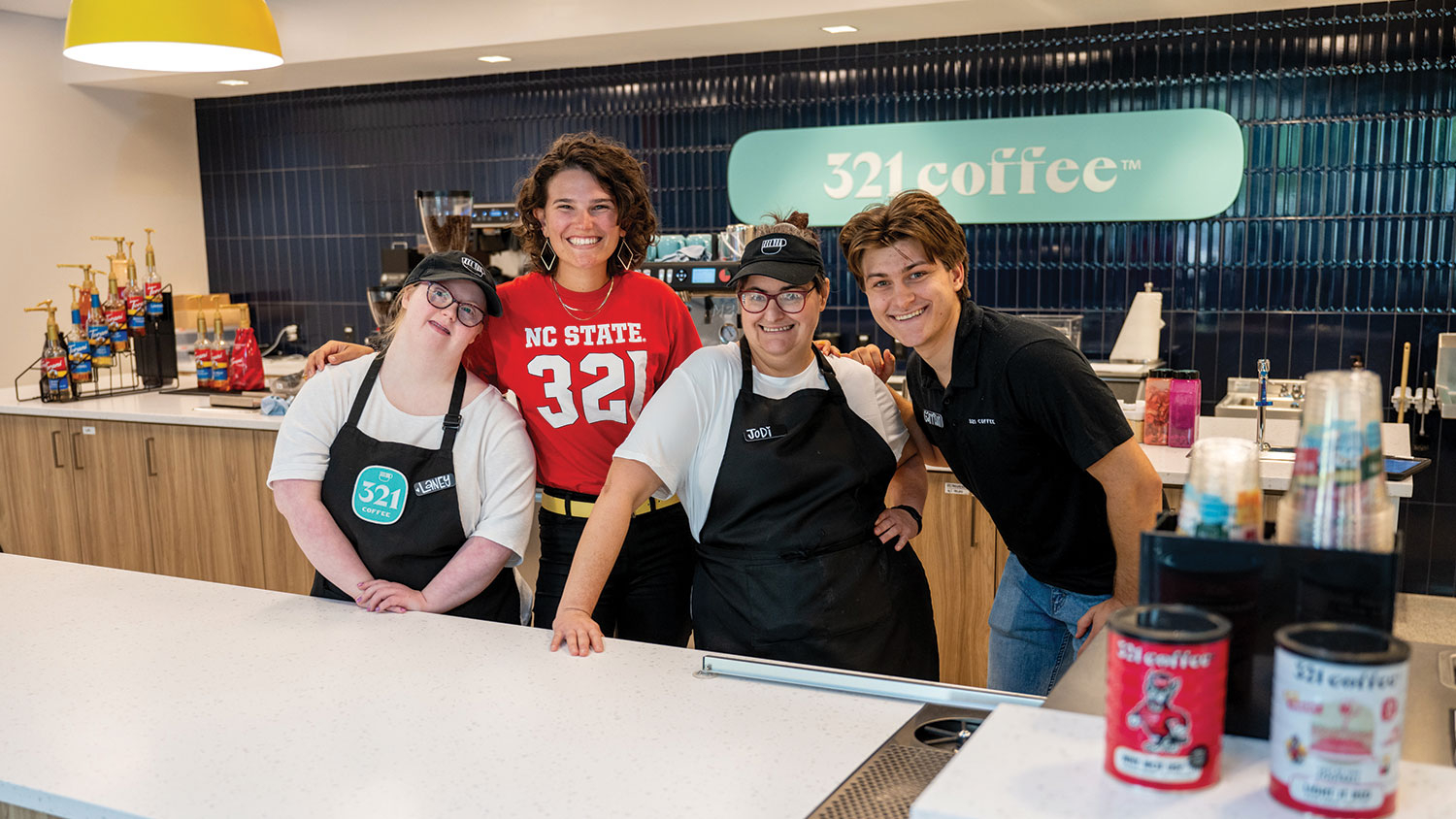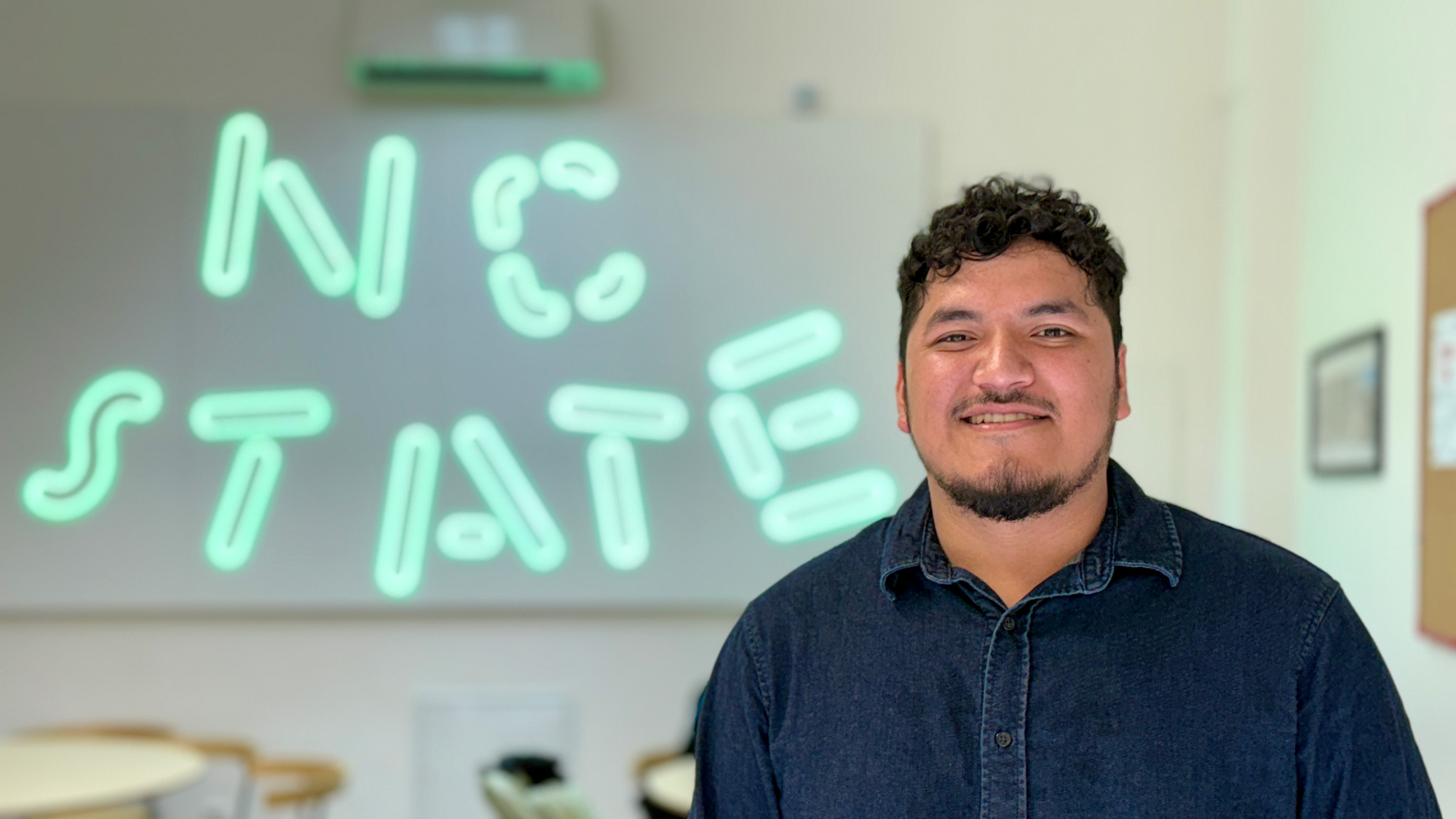Jessica Thomas: Arc Bender

Reprinted with permission from the blog, We Are the Arc Benders. Author: Christina Smith. This story was slightly edited for style.
There is no one quite like Jessica Thomas. She is renowned for her passion for serving her students and her leadership as a champion for using business as a force for good.
Currently, she is the director of the Business Sustainability Collaborative at the Poole College of Management at NC State University in Raleigh, NC. In 2016, she received the Bill Clark Award, to recognize her leadership in creating and scaling the NC State B Corp Clinic. Named for Bill Clark, the lawyer that drafted the first benefit corporation legislation, it is given to the single person that has most served the global B Corp movement the most that isn’t employed by a B Corp. If you’ve never heard of B Corps, they are a global movement of business leaders using business as a force for good. Here is a great resource to learn more.
The NC State B Corp Clinic pairs teams of students in the fall and spring with companies aspiring to become a Certified B Corp. Jessica developed and scaled this highly successful program that pairs over 30 students from colleges and universities across North Carolina with four to six companies each semester that are aspiring or certified B Corps. She is also an incredible resource, leading and hosting an annual academic retreat tied to the B Corp Retreat, and helping other universities learn how to launch B Corp clinics of their own.
Here is our Interview
Q: Tell me a bit about yourself and how you became passionate about changing the world.
I’m going to take it back a little ways to where I grew up. How I grew up and where I grew up had a big impact on where I am today.
I was born in Miami and I’m half America, half Nigerian. My mom is from California and my father is from Nigeria. We actually moved to Nigeria when I was pretty young. My father was an economics professor in Nigeria; he taught at the University of Ile-Ife. We lived in Nigeria for three years, when I was in elementary school, and then we moved to Dakar, Senegal, for seven years, when I was in middle school and high school. So for 10 years, I lived between two worlds: in West Africa during the school year and then coming back to the States every summer.
It was two such distinct experiences, this contrast (with) living in a country that was so much about relationships. In many ways, people really depended on each other (in Africa) because they had to. Sometimes the power would go out and we’d lose water for days at a time. I remember we would put buckets under the faucet to catch water dripping out of the faucet.
Then we’d come to U.S. and people had such a different relationship to resources. I really grew up seeing there was an enormous amount of need in this world and at the same time I also saw an enormous amount of resources and talent. I always sort of knew that I’d do something to help bridge that connection between need and resources.
At the same time, I had this weird path where I was really good at math and science. I think it was because when we lived in Senegal, I went to a French school, so I was really bad at language. I really fell on what was a universal language of math and science, so I ultimately studied engineering in college.
Fortunately, I found (a) bridge quickly after studying product design at Stanford University by working on interactive educational toys. I worked for a company called Leap Frog; I started there when it was a startup and helped grow it to the third largest toy company in the country by the time I left. I was designing math toys, science toys, reading toys. It was a great blend of my background in engineering with education. We designed some toys in six different languages that were sold around the world.
At Leap Frog, I really grew my love of the idea of business as a driver for change, working in that company, helping it to grow and scale. What really drove me was getting letters from kids and parents saying “Suzy was having such a hard time at multiplication, but then we got her the Twist and Shout and now she loves math.” The moment that touched me the most was when that toy, my favorite toy that helps teach kids multiplication, was chosen as one of Oprah’s favorite things in 1999. It was on her Christmas show. I’m watching the show and the camera zooms in on this young black girl and she’s just bopping along to this toy where you twist a dial. She’s just doing multiplication tables jamming away. I’ll never forget that image.
That’s when I realized the power that business has – especially when you think about scale and how one product can change so many people’s lives. From there, I went back to business school at Duke University’s Fuqua School of Business where I learned about social enterprise from Greg Dees, who was there at the time, and Beth Anderson. It’s where I was introduced to the concept of business as a force for good.
Q: Given your love for business, what made you go into academia after business school?
Looking back, so much is fortune and learning from experiences. I went into the non-profit field first. I worked at a number of non-profits, including Self Help. Then, I ended up getting a job at Duke in the biomedical engineering department. I was brought on to launch a brand new program to design a business plan competition for interdisciplinary students. The idea was to use technology from the biomedical engineering program and pull together teams of students – business students, students of public policy, students from the medical school, students from the engineering program – to commercialize that technology specifically for use in developing economies.
It was a beautiful opportunity for me to bridge my engineering and design background, and also use technology to address social medical needs. In this job, I fell in love with working in academic institutions – working with super smart faculty and really energetic, passionate smart students. I also fell in love with bringing students from across different disciplines to solve a problem.
I did this amazing job for about a year and then basically got fired. Half of my job was supposed to be fundraising and I just couldn’t do it. I’m not a fundraiser, so I couldn’t meet their expectations.
Q: That was actually my next question – what obstacles have you had to overcome on your path to changing the world?
This was definitely a big one. I was fired from the job that I thought was basically the perfect job for me. It was really hard.
Q: Thank you so much for sharing that. I think it’s so helpful for people to hear that even extremely successful, talented leaders aren’t good at all things. Where did you go from there?
This is where the next lesson, for me, really became clear. When I was at business school at Duke, I took three classes at UNC’s Kenan-Flagler Business School. I made friends with many wonderful people at UNC. After I was unceremoniously fired at Duke, one of my good friends from UNC’s business school, Katie Kross, was running the Center for Sustainable Enterprise (CSE).
She had the idea of building a business accelerator for sustainable businesses and she asked me to come run the program for them. I joined the Kenan-Flagler team and we built BASE – Business Accelerator for Sustainable Entrepreneurship. We worked with a whole bunch of companies that became B Corps. Eastern Organics, Change Creation, Spotlight Solar, Fullsteam (going through certification), and Maria Kingery with Southern Energy Management was on our advisory board.
This was all from 2008 to 2010. When we were running this incubator we were beta testing version 2.0 of the B Impact Assessment. These companies were taking the assessment as part of the application and at the end of the accelerator, they would take it again to measure the improvement of their impact. This is where I was first introduced to B Corps.
This solidified my love for the academic environment and it’s where I confirmed that it’s my avenue to scale. I get to help influence hundreds of students a year – through teaching, running programs, and speaker events. My hope is to inspire students at a point where they are still trying to figure out where they fit, to use business as a force for good. Before we had this field, many would go into traditional fields and feel somewhat empty. Even giving them a small shift to find ways to incorporate impact into their work can help change the world.
Q: I want to make sure we talk a bit about how the B Corp Clinic came to be. How did you end up working at NC State?
It was absolutely incredible to work at the UNC Center for Sustainable Enterprise – one of the early and leading business school-based sustainability centers. Top faculty, top students in a well-recognized program.
However, what really attracted me to NC State was the opportunity to create a new program. They had just been gifted a major endowment that named the college. Lonnie Poole was the founder and CEO of Waste Industries and he wanted his gift to (include) an initiative focused on entrepreneurship, sustainable business, and business ethics.
They had amazing faculty doing great grassroots work and students who were really interested in sustainable business, but no formal program. At CSE, it’s worth mentioning that I had to do some fundraising, but my job didn’t depend on it. At State, to go into a role where there was zero fundraising and the opportunity to create something brand new, it was a truly unique opportunity.
What’s amazing is we’ve built an incredible reputation around B Corps. I’ve been there four years now. The first two years we were just exploring a lot of areas. Then two years ago, you and I had that whole conversation around starting a B Corp clinic. HQ Raleigh, a local co-working space, was working on the assessment and then you brought all of these Net Impact tools that were created when you were a B Lab intern.
It was truly been an incredible collaboration. That first summer, we ran a pilot helping HQ Raleigh get certified and it has taken off from there. One thing that I’ve been proud to bring to this program is giving students the opportunity to work with students from other schools in the Triangle, which was something that was such an important part of my education.
We’ve had seven different universities participate in the clinic. Last semester, Appalachian State had students participate in the clinic, and now this year they’re running their own program to help businesses in Boone, N.C. To see the clinic model scale and be replicated at other universities is amazing.
It’s honestly non-stop – almost every other day I’m talking to a new academic that wants to hear about the B Corp Clinic at NC State. I usually have a call on the way to or from work. It’s people coming from everywhere.
People really connect with the B Corp movement. I personally feel that and I hear it when I talk to other students. It’s really accessible, clear, and compelling.
Q: What advice do you give to students you work with who want to have a life with purpose or that want to change the world?
Honestly, what I tell them, is get involved in the B Corp Clinic. See what this looks like in the real world. We can teach about the triple bottom line in the classroom and maximizing stakeholder value. Yet, when students see both how hard this is and how meaningful it is to the companies, it gives students this realistic picture of how they can have an impact. If there isn’t a clinic to join, I encourage students to simply get out there and get real-world experience with mission-driven companies, whether that be with a social enterprise or non-profit.
Consider volunteering or getting an internship and really seeing what this looks like in the real world. I think it’ll get students more passionate and more focused, having that picture of seeing how you can have an impact and what that means for them and their skill set. So many students think it’s going to be a role that has sustainability in their title, but there are so few of those roles. The B Corp framework is eye-opening because it shows you can have an impact in any role.


